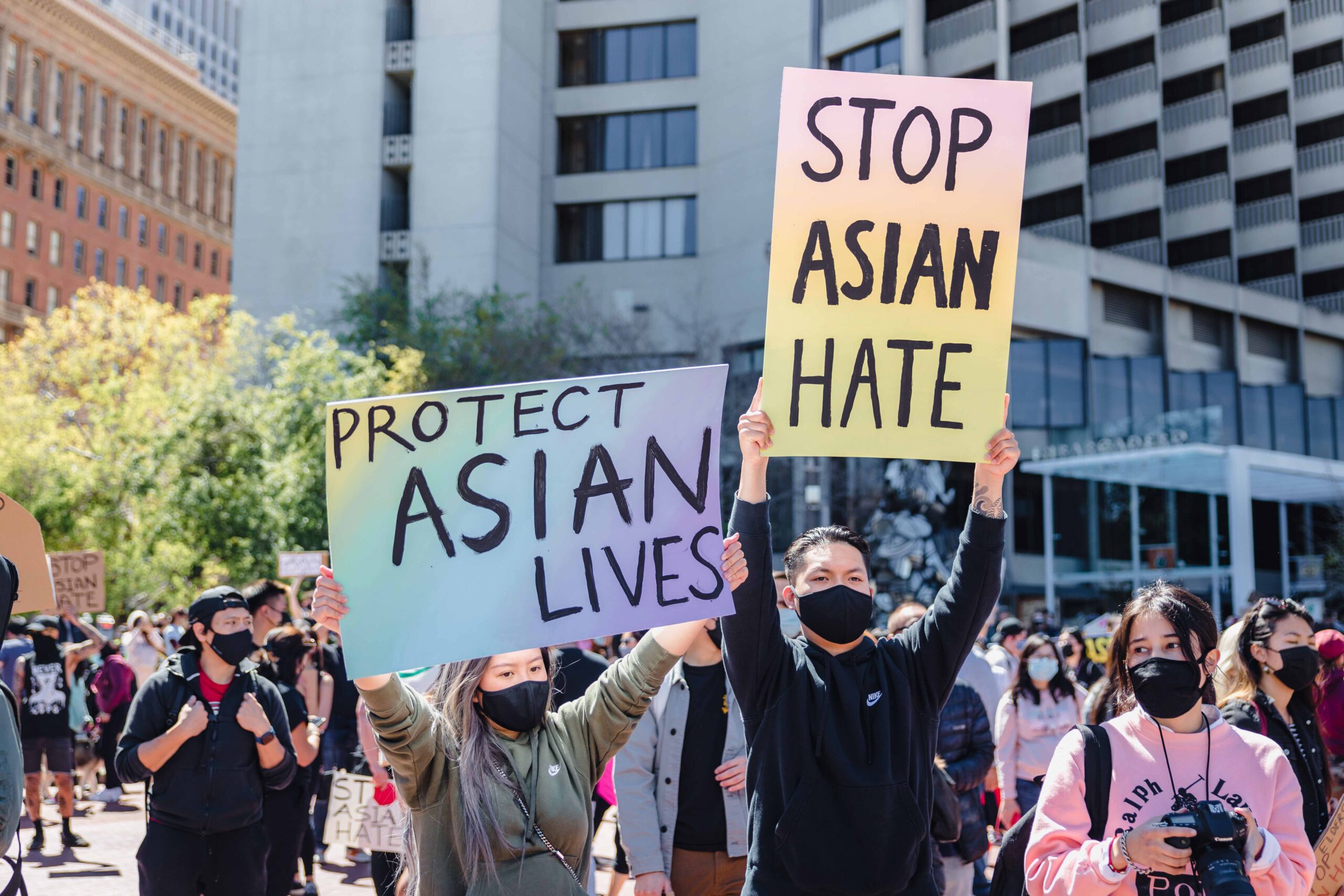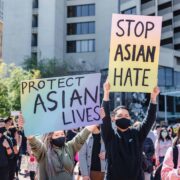
CALIFORNIA Gov. Gavin Newsom will include Asian American and Pacific Islander (AAPI) support services in his California Comeback Plan following the rise in anti-Asian hate crimes over the past year.
The $100 billion plan will allocate $5 million for research, conducting hate prevention activities, and approving grants at the UCLA Asian American Studies Center.
Meanwhile, the Victims of Crime Act Services and California Violence Intervention and Prevention (CalVIP) Grant Program will receive $100 million each to aid survivors of violence, according to a press release from the governor’s office.
The UCLA Asian American Studies Center conducts research and builds policy initiatives on the AAPI population, and also provides fellowships and grants to UCLA students who propose projects and studies based on the AAPI population.
The Victims of Crime Act Fund, created by Congress in 1984, uses fines paid by federal criminals and and redirects them to support domestic violence shelters, rape crisis centers, and childhood abuse treatment programs. In a 2020 study by the Asian Pacific Institute on Gender-Based Violence, 16-55% of Asian women report experiencing intimate physical and/or sexual violence during their lifetime.
Filipina women were also reported to be unlikely to seek health care for intimate partner violence, and younger Filipina women were more likely to contact legal services when experiencing intimate partner violence than older women, according to the study.
The CalVIP Grant Program, established through the Budget Act of 2019, funds evidence-based violence reduction initiatives. Newsom signed the Break the Cycle of Violence Act in October 2019, systemizing the CalVIP Grant to support and expand evidence-based violence reduction initiatives such as hospital-based violence intervention programs, evidence-based street outreach programs, and deterrence strategies set to break violence cycles.
“What the hell is wrong with us?” Newsom said back in March regarding the persistence in Asian American hate since the pandemic.
Anti-Asian hate crimes have increased by 149% in 2020, with the highest reports from Los Angeles and New York, according to the Center for the Study of Hate & Extremism at California State University San Bernardino. From March 2020 to March 2021, 6,603 hate incidents were reported to Stop AAPI Hate, of which 2,410 came from the first three months of 2021 alone.
Newsom is not the first to extend resources for the AAPI community, national Asian American lawmakers have also spoken on the need to create legislation that protects the Asian American community.
In addition to the specified resources for the AAPI community, lower and middle-class Asian American Californians will be eligible for the second round of $600 stimulus checks.
To qualify, Californians will have to file their 2020 taxes as well as have an identification number, making it possible for undocumented immigrants to receive the stimulus as well. The comeback plan will also include back rent pay and utility assistance, and debt forgiveness for those who have been affected by the pandemic.
Newsom will also designate $1 billion to retrain workers displaced by the pandemic, having economic rebound in mind. The comeback plan also allocated $205 million for immigrant integration, with $105 million for “border efforts and emergencies” Newsom said will be used to “address legal and illegal crossings in a compassionate, thoughtful, and judicious way.”
Small businesses employ half of American workers, and almost half of them have temporarily closed since the pandemic. Newsom’s plan will expand small business grants to $4 billion and provide the largest state tax cut for small businesses in history with $6.2 billion. The State Small Business Credit Initiative (SSBCI) funds development finance agencies to create specialized small business access to capital programs, and Newsom will add $895 million to their initial $10 billion program budget.
Vocational and English as a Second Language (ESL) courses at community colleges will receive $50 million of the immigrant integration budget. California has the most immigrants than any other state, and 20% of them do not speak English at all, according to the Public Policy Institute of California. As there is a link between English proficiency and immigrant progress, the plan aims to have immigrants integrate as well as possible.
“We are a state that doesn’t tolerate diversity, we celebrate diversity,” Newsom said in a press briefing on Friday, May 14. “And we think we need to do more to help support immigrants.”






